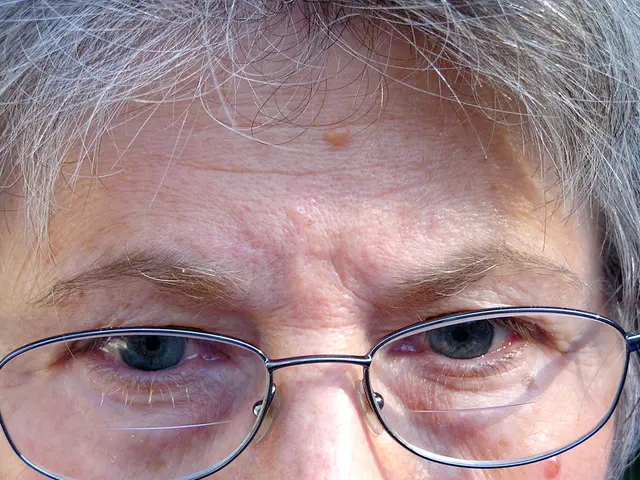Investigating the Potential of Coffee in Reducing Risk of Colorectal Cancer
In a finding that may alter perceptions of coffee's health impacts, the World Cancer Research Fund reports multiple studies indicating a possible correlation between coffee consumption and a decreased risk of colorectal and bowel cancer.
A recent study, published in the International Journal of Cancer, discovered that consuming four cups of coffee per day significantly reduced the risk of colorectal cancer recurrence by 32%. This research was based on 1,719 colorectal cancer patients at stages 1 through 3.
Coffee's benefits seem to emerge from several factors, including:
- mitigating oxidative stress
- aiding gut microbiota
- impeding tumor growth
- offering protection against nonalcoholic fatty liver disease
The study also referenced previous findings detailing a lower colorectal cancer risk among coffee drinkers compared to non-consumers.
Interestingly, the study detected differences between caffeinated and decaffeinated coffee. Caffeinated coffee showed a higher risk of rectal cancer, but this association was not observed for colon cancer, suggesting distinct metabolic processes for the two beverages.
Preventative measures against colorectal cancer may encompass:
- exercising regularly
- adopting a balanced diet
- avoiding tobacco and alcohol
To learn more about coffee's role in cancer prevention, consider exploring topics such as cancer-fighting foods, dietary cancer risk factors, and the effects of coffee on other types of cancer.
Notes:
The current body of evidence suggests that moderate coffee consumption might offer specific benefits related to colorectal and bowel cancer risk. This correlation, however, remains under investigation, with the exact mechanisms still being unraveled.
Coffee's potential benefits may arise from its anti-inflammatory and antioxidant properties, which can protect cells from DNA damage, and its ability to help regulate insulin levels. Large reviews by authoritative bodies, such as the International Agency for Research on Cancer, however, have reported no definitive link between coffee intake and cancer at any body site, including the colorectal region.
The benefits appear to extend beyond caffeine, with additional compounds in coffee thought to play a significant role in any protective effects observed in various types of cancer research.
Normal coffee consumption, when consumed in moderation, has been associated with potential health benefits, including reduced risks of certain chronic diseases. However, excessive consumption may lead to undesirable side effects.
Further studies are required to clarify the underlying mechanisms, determine the specific compounds responsible for any protective effects, and provide definitive answers about the relationship between coffee consumption and cancer risk.
- The World Cancer Research Fund has reported multiple studies suggesting a potential correlation between coffee consumption and a decreased risk of colorectal and bowel cancer.
- In a study published in the International Journal of Cancer, consuming four cups of coffee per day was found to reduce the risk of colorectal cancer recurrence by 32%.
- The study also detected differences between caffeinated and decaffeinated coffee, as caffeinated coffee showed a higher risk of rectal cancer, but this association was not observed for colon cancer.
- To reduce the risk of colorectal cancer, preventative measures may include exercising regularly, adopting a balanced diet, avoiding tobacco and alcohol, and exploring the roles of coffee and other cancer-fighting foods in the prevention of colorectal cancer.




